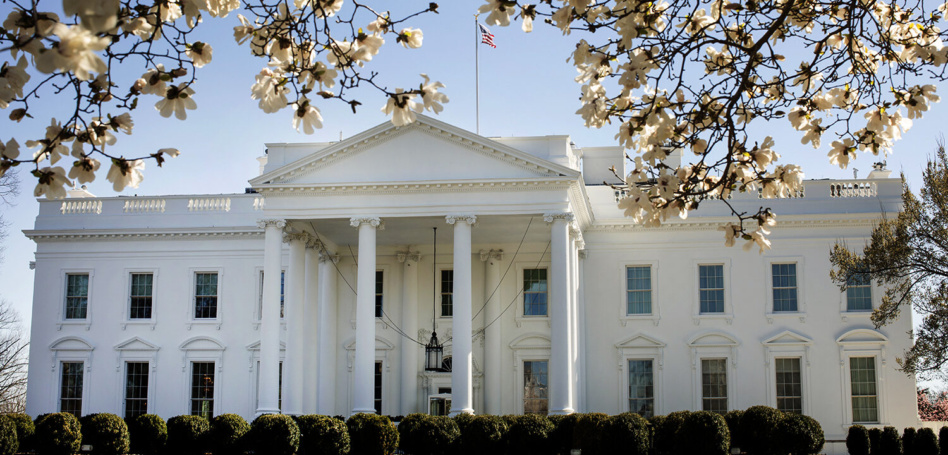The Biden administration released a National Spectrum Strategy on Monday to ensure that both federal operators and private companies can have adequate access to the finite resource.
“Innovations ranging from 5G networks, to precision agriculture, to unmanned aerial vehicles, to Moon missions take large amounts of spectrum to operate,” according to a fact sheet from the White House. “Meeting the demands of innovation requires America’s spectrum policy to adapt and improve.”
The strategy: The 23-page document is broken into four pillars:
- Ensuring American leadership in spectrum tech, including studying 2,786 megahertz of spectrum that could potentially be repurposed.
- Developing a transparent plan for allocating spectrum with input from a wide variety of sources, including the private sector, as well as routinely updating the national strategy
- Boosting spectrum R&D, including establishing “sandboxes” specifically intended for spectrum research, developing a national spectrum R&D plan, and encouraging private research.
- Growing and supporting a spectrum workforce, including drafting a National Spectrum Workforce plan and educating policymakers about the importance of having talent to pull from in this sector
The memo: President Joe Biden also released a presidential memorandum on spectrum alongside the strategy. The memo established an Interagency Spectrum Advisory Council, which will advise the National Telecommunications and Information Administration on spectrum issues. NTIA will publish a charter for the council within 90 days.
“My administration’s goal is to accelerate United States leadership in wireless communications and other spectrum-based technologies and to unlock innovations that benefit the American people, while ensuring necessary access to spectrum for agencies and private-sector users, such as for scientific, public safety, critical infrastructure, and national security uses, now and into the future,” Biden wrote in the memo.




